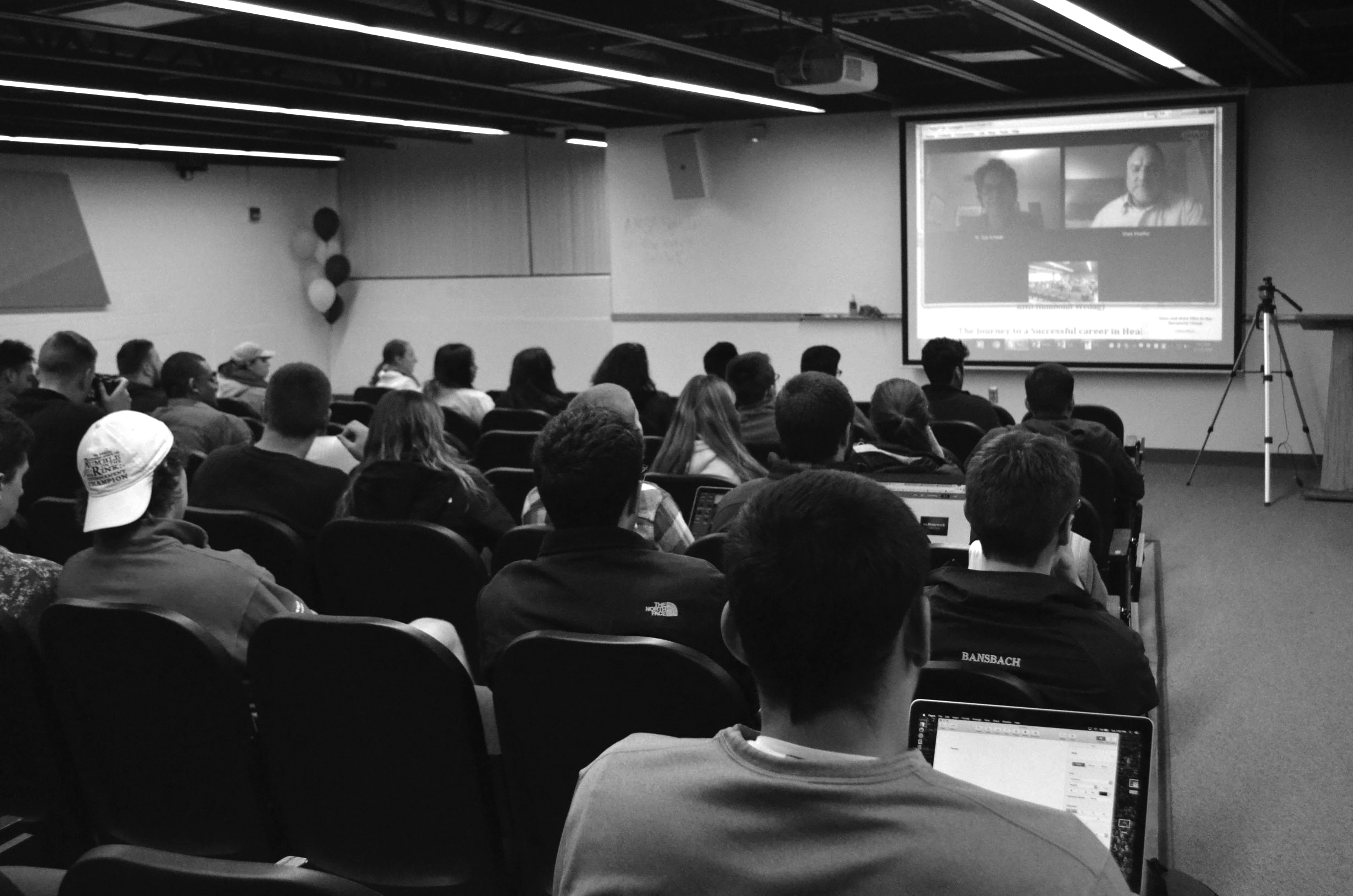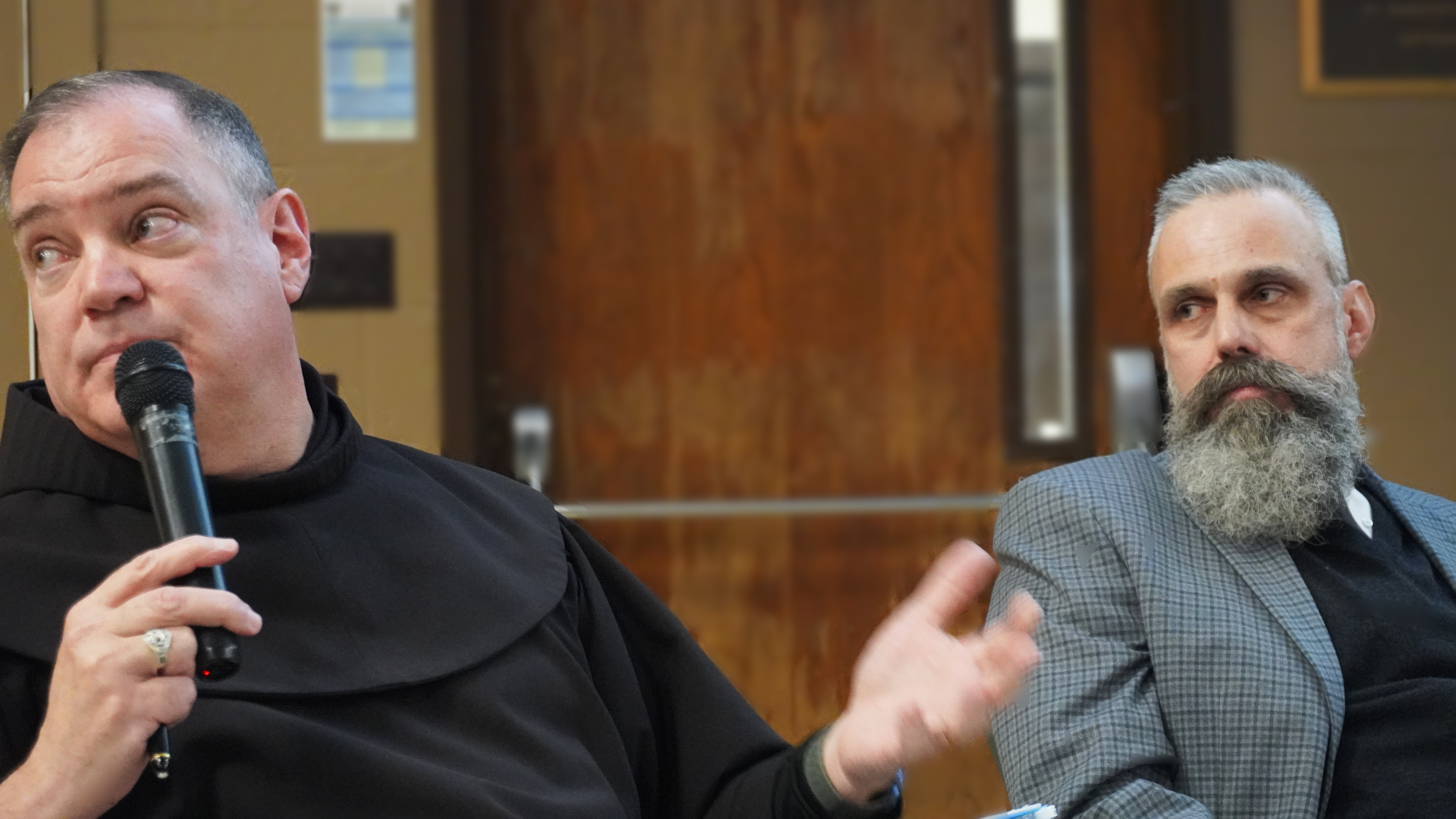BY TUCKER REILLY, MANAGING EDITOR
The Center for Arab and Islamic Studies at St. Bonaventure University hosted a speaking event this week, titled “Afghanistan: The Inevitable Failure & Unpredictable Consequences of Violence.” Lead by Capt. Matthew Hoh, a former marine, defense department official and state department official, the Sept. 22 event was held over Zoom and open to the university community.
This was Hoh’s second speaking engagement at St. Bonaventure University. The first was in 2009, in the wake of Hoh’s resignation from the state department and he remarked during the event that “St. Bonaventure was the first university I had ever spoken at.” Hoh began the presentation by outlining his overall thesis.
“There is an idea, particularly in the American government, military, intelligence services and media; that violence is something you can inflict to achieve a desired goal, that the results can be controlled. This is, of course, a fallacy,” said Hoh.
The talk was split into two sections. The first was a historical account and analysis of US foreign policy, particularly involving the Middle East, while the second was based on Hoh’s personal experiences in military service.
“There comes this concept in the late 1970s, that the United States can focus these Right-wing religious revolutions in the Middle East – Pakistan, Iran, Afghanistan – against the Soviet Union… and give the Soviet Union its own Vietnam,” said Hoh, describing a strategy employed by the US in the Cold War. “The less-talked about part of that strategy is the idea that these conflicts would export revolution into the Soviet Union, specifically in the majority-Muslim southern republics.”
Hoh described the role that money plays in conflicts and characterized the US-backed government in Afghanistan as “the men with the guns ruling,” made up of warlords and drug lords. Hoh emphasized that “men with guns” were the only outcome of choosing violent solutions, no matter which side said men belonged to. He also pointed to these violent strategies as a source for the enemies the US faces today.
“When facing a seemingly existential threat, these are the people you turn to,” said Hoh. “The Sunni population in Iraq turned to Al Qaeda and eventually the Islamic State. The Pashtun people in Afghanistan turned to the Taliban. Ultimately, when you use forces that will prey upon the population, these are the consequences.”
The most recent event Hoh addressed was the US’s withdrawal of troops from Afghanistan in August 2021.
“I am often asked what I think about the events in Afghanistan this summer, and I have to respond, ‘This is what defeat looks like,’” said Hoh.
After this section of historical analysis, Hoh described his personal experiences as a marine officer, and the role of being “the only moral atom” in a situation. Hoh explained the role that alcohol played in silencing his misgivings about the conflict, and the revelations he experienced during his last tour in Afghanistan. Before the 15-minute question and answer portion, Hoh closed his formal presentation with a remark on the alternatives to violence in US foreign policy.
“The idea of reproachment, of lessening tensions, conducting trade and opening borders has largely been dismissed in our society as wishy-washy liberal nonsense; but when you look at the success of those policies in other countries, you see that they actually do work,” said Hoh.
reillyt19@bonaventure.edu







